Finance
The Corporation Is Centuries Older than We Thought
The genesis of the joint-stock company is usually traced to the founding of the English East India Company and the Dutch East India Company around 1600. New research co-authored by Prof. William Goetzmann says this origin story may be off by centuries.

Did Crypto Cause the FTX Collapse?
Yale SOM’s Rick Antle, an accounting scholar who worked on the Bernie Madoff restitution, says that FTX was a toxic combination of a new asset and a failure of corporate controls.
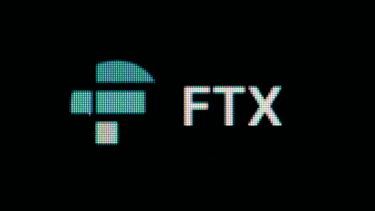
Can AI Make Economic Predictions by Reading the Newspaper?
In a new study, a team led by Yale SOM researchers devised a way to distill the text of the Wall Street Journal into numerical indicators, which could help policymakers predict how the business cycle will unfold over the coming months and years.
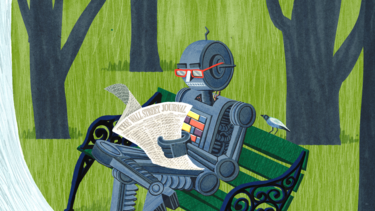
Will the Fed Keep Raising Rates?
We asked Prof. William English, a former Fed official, to interpret the announcements at the Federal Open Market Committee’s monthly meeting last week.
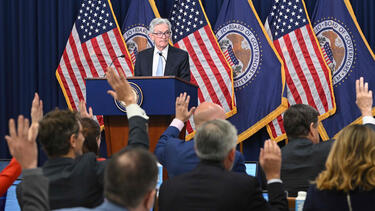
A Yale Economist Read 50 Personal Finance Books. He’s Got Some Notes.
Personal finance gurus frequently depart from conventional economic wisdom, Yale SOM’s James Choi discovered, but their advice isn’t all bad.
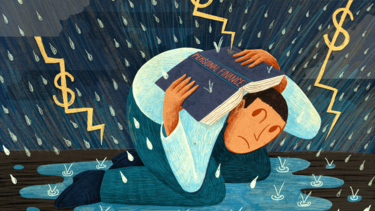
Short-Term Earnings Goals Drive More Pollution, Especially for Green Companies
Yale SOM’s Frank Zhang and Jacob Thomas found that firms might increase their pollution when they’re struggling to meet earnings targets—and that firms with a history of environmental responsibility are most likely to engage in this pattern.
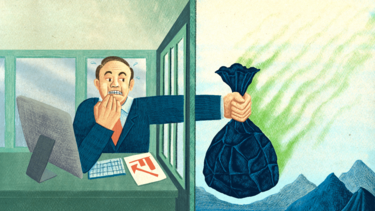
Stablecoins Survived ‘Crypto Winter,’ But That Doesn’t Make Them Safe
Cryptocurrencies such as Tether, which is pegged to the dollar, have held on as others crashed. But according to new research by Yale SOM’s Gary Gorton, these “stablecoins” still pose major risks to the global financial system.
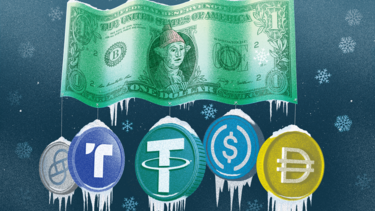
Do Homebuyers’ Expectations Align with Reality?
People’s predictions of long-term home price growth were wildly optimistic in the early 2000s but have become more cautious since the Great Recession, according to a study co-authored by Robert Shiller of Yale SOM.
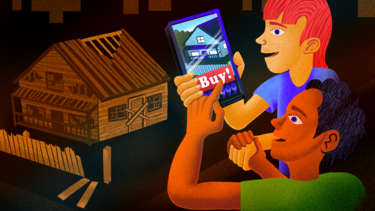
Inside the CDO Market That Catalyzed the Financial Crisis
“Inside the CDO Machine,” a special project from the Yale Program on Financial Stability, explores the first-hand perspectives of market participants.
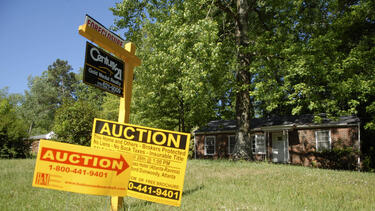
Government Can Be the Solution
For investment banker Carol Samuels ’86, a key value is helping government make a difference in people’s lives, by applying financial tools and long-term thinking.

Private Equity Investors Helped Stabilize Failed Banks During the Financial Crisis
A new study co-authored by Prof. Song Ma finds that during the financial crisis, private equity firms took on banks in poor health that other buyers didn’t want, and those banks performed relatively well under their new management.
